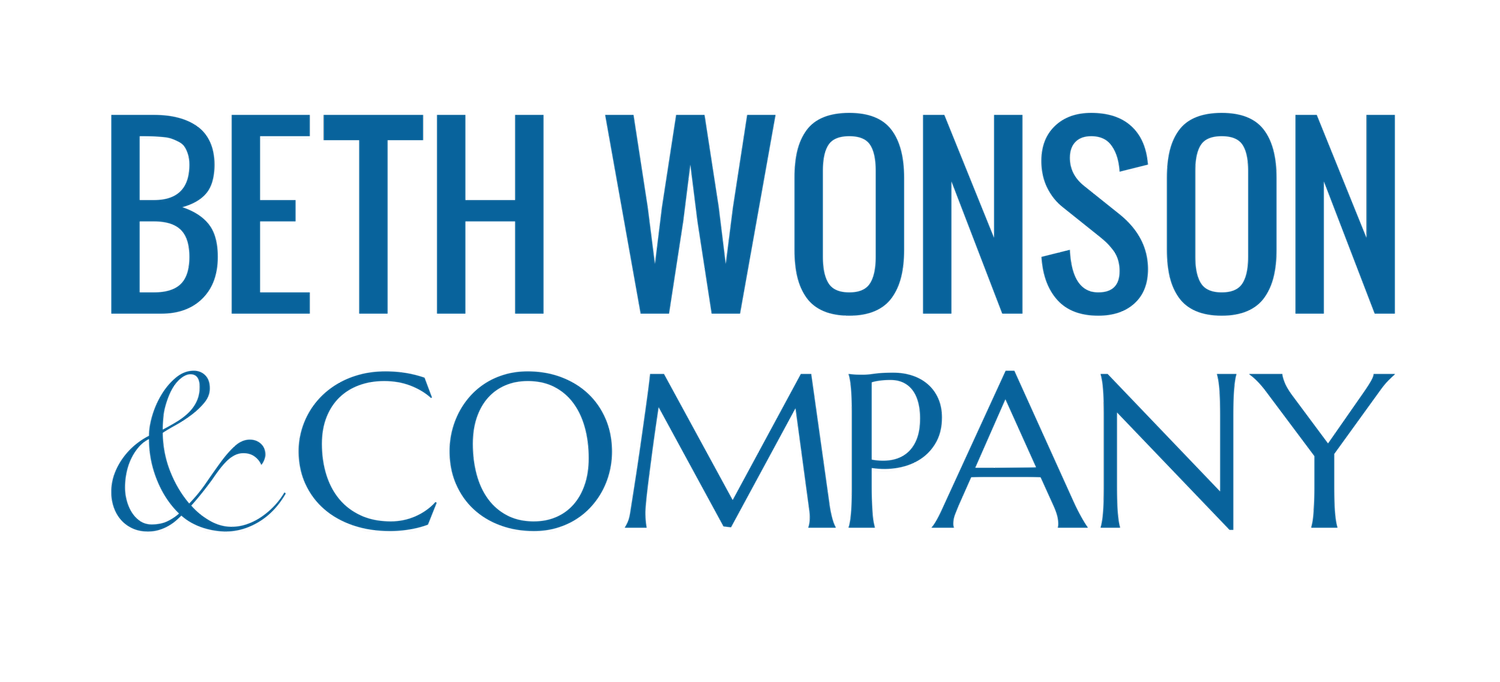Will I get a pay increase?
Your boss comes to you and says, “We need you to learn the new scheduling system so you can provide backup when the primary scheduler is out”. What is your immediate response?
Based on what I hear from employers, 90% of the time the response is, “Will I get a pay increase?”
Or worse, the employer asks me if when giving an employee the opportunity to learn a new skill or take on a new responsibility, “Do you think I have to increase their pay?”
My answer is, “Not before they learn, practice and achieve a level of proficiency with the skill. This is an opportunity for performance development”.
My rationale is that when I ask people who love their jobs and have achieved leadership positions about their journey, they don’t tell me how motivated they were by the salary increases. Instead they share with great joy about the challenge, the struggle, the grind, the time, the positive feedback, the tough bosses, and the risks they took. In hindsight, their journey sounds more like a rigorous but rewarding mountain climb than a leisurely glide on a bike. But they feel fulfilled, purposeful, and accomplished.
When I ask employees who have hung in with a company during tough times, they always tell me how they felt like they were contributing to the solution and their hard work would pay off. They derived a sense of value from being part of the team during the challenges.
Now let me be clear. I’m not suggesting that anyone should not get a pay bump. After all we do work to live and money is how we measure the value of our work. But I am making two very specific recommendations:
A. Don’t give a pay bump when you assign a new task. Instead coach, mentor and support the employee through the learning process. Spend time with them along the way helping them to reflect on the challenges and incremental skill acquisition.
B. Separate performance evaluations from discussions about raises and bonuses.
To support this, I recommend you check out this Ted Talk by Dan Ariely, Duke University Professor and behavioral economist. Ariely has done a great deal of research on the effect of reward on pro-social behavior and motivation. His Ted Talk, What Makes Us Feel Good About our Work , enlightens us about what truly motivates employees and builds connection. He shares a few fascinating experiments and case studies that illustrate these points. If you are an employee who is feeling disconnected and lacking a sense of purpose or achievement in your work, you will want to watch this video. Perhaps you will reconsider asking the money question first when you are asked to take on a new responsibility.
If you are an employer who is wondering why your employees aren’t self-motivated and are always asking, “What’s in it for me?”, or are not willing to go the extra mile without a financial reward, you will want to watch this video.
If you are a parent or work with children, a great article that shares some insight into the making of transaction motivated versus intrinsically motivated individuals is Against the Sticker Chart by Erica Reischer.
Again, I firmly believe in financially rewarding a job well done. I also happen to believe that the deeper and more meaningful reward of achieving mastery or meeting a goal is the journey! And therefore I believe that happier, more connected, and productive employees are those whose conversations about the financial transaction and worth of a job are separate from the discussion of the journey through performance development coaching!
